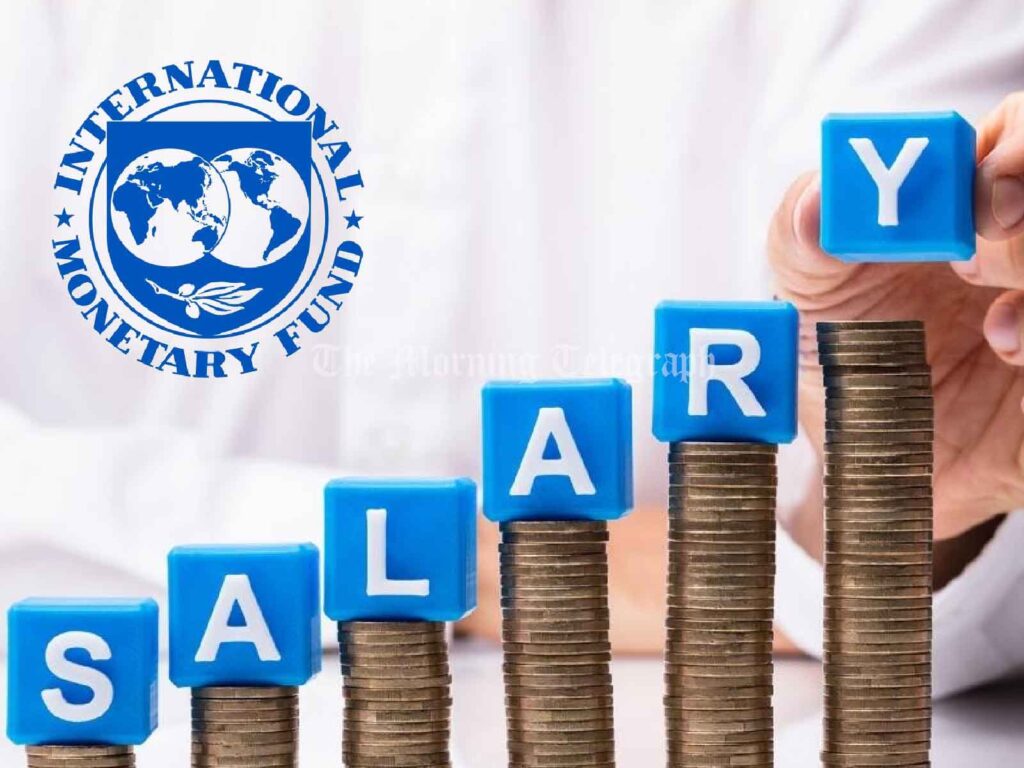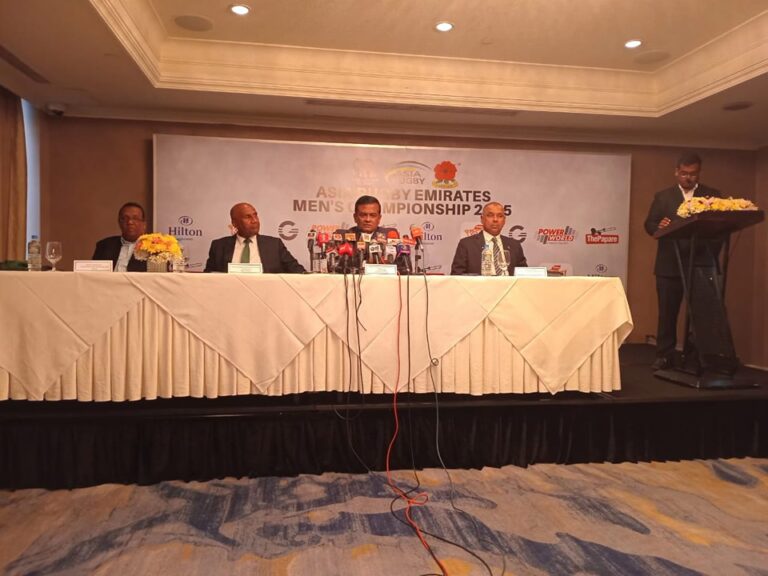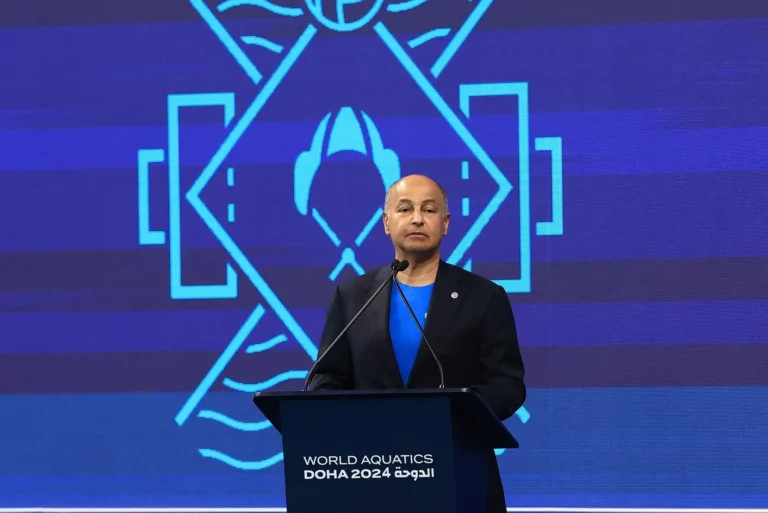
A senior Treasury official has revealed that the government has proposed a plan to reduce personal income tax to the International Monetary Fund (IMF), a move expected to cost over Rs 250 billion annually. The proposal, submitted under the condition of meeting IMF revenue targets, includes raising the personal income tax threshold from Rs 500,000 to Rs 720,000 while maintaining the marginal tax rate at 6 percent and the highest tax rate at 36 percent.
According to the plan, various income levels would see significant tax reductions. For instance, those earning Rs 150,000 per month could expect a 14 percent tax cut, while a monthly income of Rs 200,000 would see a 20 percent reduction. For those earning Rs 300,000, the tax reduction would be 25 percent, while incomes of Rs 400,000 would see a 23 percent cut. Incomes of Rs 500,000 would benefit from a 15 percent reduction, Rs 750,000 from an 8 percent cut, and those earning Rs 1 million per month would see a 6 percent tax cut. The tax-free income limit will remain unchanged at Rs 1.2 million per year.
The Treasury official noted that the IMF is expected to respond to the proposal within the next two weeks. Once approved, the plan will be submitted to the Cabinet for final approval and then included in next year’s budget. The reduced tax percentages will be publicly announced following Cabinet approval.
In addition to the tax cuts, the government is also planning to implement salary increases for public servants starting in January. Under the proposed salary hikes, an office assistant’s salary would rise by Rs 5,450, a driver’s by Rs 6,900, a Samurdhi Development Officer’s by Rs 8,430, a nurse’s by Rs 13,725, a principal’s by Rs 23,425, a qualified teacher’s by Rs 17,480, a graduate teacher’s by Rs 19,055, and a police constable’s by Rs 10,740.
These salary increases are estimated to result in a further loss of Rs 160 billion to the government.




